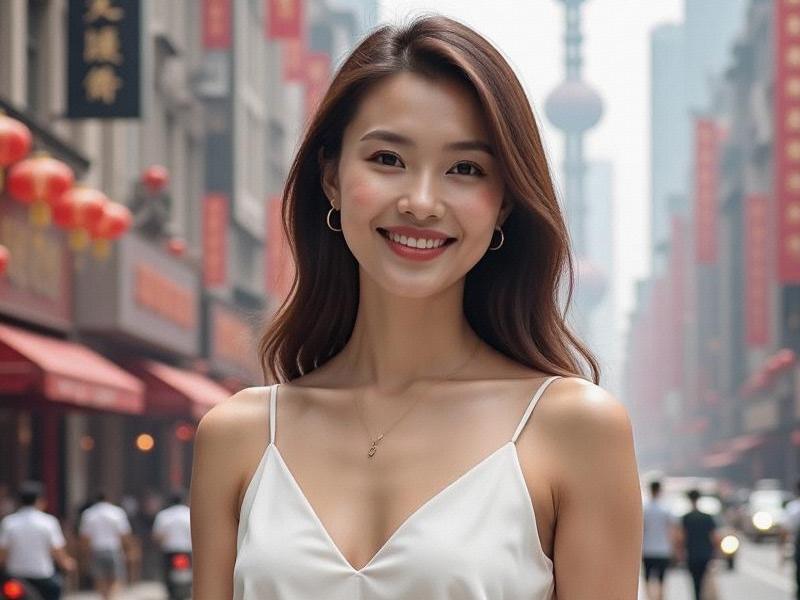
Section 1: Historical Foundations of Shanghai Glamour
Cultural Timeline:
- 1920s: Qipao modernization in French Concession
- 1980s: First Western cosmetics counters on Nanjing Road
- 2000s: Korean beauty wave meets Shanghai pragmatism
- 2020s: AI-powered hyper-personalization era
Current Statistics:
- 87% of Shanghai women use AR beauty apps daily
- ¥3,850 average monthly beauty expenditure
- 68% blend traditional Chinese medicine with high-tech skincare
- 52% maintain digital beauty portfolios
Section 2: The Tech-Enhanced Beauty Revolution
爱上海论坛 Innovation Highlights:
1. Smart Mirror Systems
- Real-time skin diagnostics with 96% accuracy
- Virtual makeup try-ons reducing returns by 57%
- DNA-based regimen builders in 38 clinics
2. Cultural-Tech Fusion
- AR cheongsam pattern generators
- Digital ink painting makeup tutorials
- Blockchain-authenticated vintage looks
Section 3: Economic Power and Influence
Industry Impact:
- 41% of China's beauty tech startups based in Shanghai
上海花千坊龙凤 - ¥86B local beauty economy (2025 projection)
- 1:3.2 male-to-female cosmetic spending ratio
- "Digital stylist" emerging as top female profession
Section 4: Cultural Preservation Through Beauty
Heritage Revival:
- Digital museums of Republican-era beauty techniques
- QR-coded historical makeup tutorials
- AI-reconstructed 1930s hairstyling methods
- Holographic face reading consultations
Section 5: The Confidence Revolution
Psychological Shifts:
上海水磨外卖工作室 - From standardized beauty to "curated individuality"
- "Smart aesthetics" surpassing "perfect looks"
- Digital detox movements gaining momentum
- Anti-algorithm makeup trends among Gen Z
Conclusion: The Shanghai Beauty Code
Defining Characteristics:
1. Technological fluency as self-expression
2. Cultural literacy as competitive advantage
3. Data-informed personalization
4. Disruptive traditionalism
Shanghai women aren't following beauty trends - they're programming the future of aesthetic expression.
